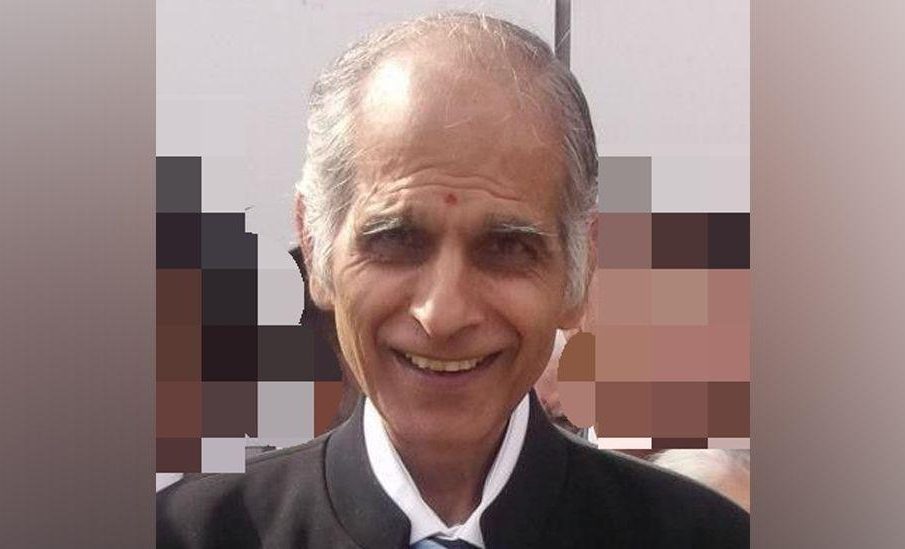Exploring the Works and Impact of Bhim Kohli

Introduction
In the realm of contemporary Indian literature, few names are emerging as prominently as Bhim Kohli. As readers increasingly seek diverse voices that resonate with contemporary issues, Kohli’s work offers fresh perspectives on topics ranging from identity to social justice. His writing not only captures the essence of modern India but also establishes his place as a significant figure in the literary landscape.
Bhima Kohli’s Background and Inspiration
Bhim Kohli, born and raised in a small town, drew inspiration from his surroundings and the experiences of everyday life. He holds a degree in English literature and has published several acclaimed works, ranging from poetry to prose. His experiences navigating the complexities of Indian society inform his storytelling, making his narratives deeply relatable. This connection to his roots serves as a foundation for his writing, addressing both personal and communal themes.
Recent Works and Literary Contributions
Kohli’s latest novel, released earlier this year, has been met with critical acclaim and sparks of dialogue across literary circles. The book tackles issues of caste, class, and the struggles for identity in a rapidly changing India. His ability to weave profound insights into engaging narratives sets him apart from his peers, attracting a broader readership.
Furthermore, Kohli’s poetry captivates audiences with its emotional depth and complex themes. His collection, which explores contemporary societal challenges through a personal lens, has been celebrated for its lyrical beauty and poignant message.
Impact on Society and Literary Community
Bhim Kohli’s impact extends beyond his written word. He actively participates in literary festivals across the country, where he engages with readers and other authors, fostering a community of dialogue about modern social and cultural issues. His discussions often touch on the role of art and literature in advocacy and awareness, emphasising the power of storytelling as a tool for change.
Conclusion
The significance of Bhim Kohli’s work lies not just in its literary prowess but in its ability to resonate with a generation grappling with complex realities. As Kohli continues to write and engage with the literary community, it is likely that we will see him shaping conversations around identity, justice, and cultural understanding. His contributions mark an important chapter in Indian literature, providing readers with the opportunity to reflect on contemporary societal issues through an artistic lens. In the coming years, Kohli’s journey will undoubtedly be one to watch for anyone interested in the evolution of modern Indian literature.









